Publications
Articles, publications, books, tools and multimedia features from the U.S. Institute of Peace provide the latest news, analysis, research findings, practitioner guides and reports, all related to the conflict zones and issues that are at the center of the Institute’s work to prevent and reduce violent conflict.
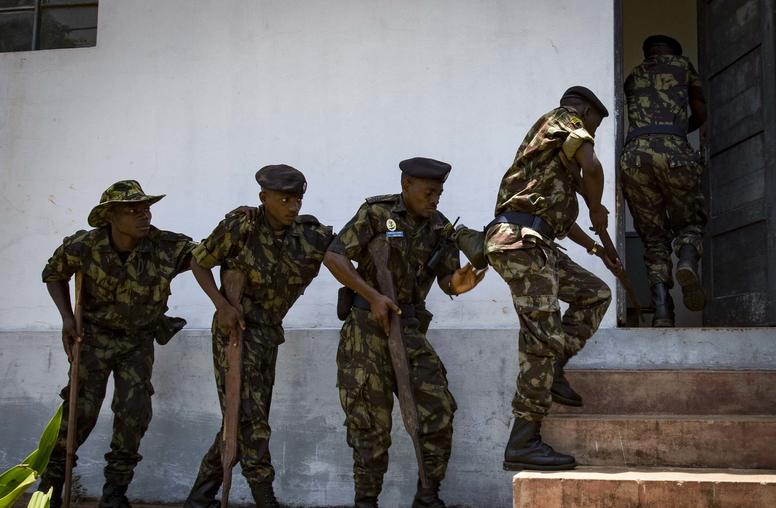
Five Keys to Tackling the Crisis in Mozambique’s Cabo Delgado
Since 2017, armed militants — often carrying the Islamic State flag — have been on the offensive in the northern Mozambique province of Cabo Delgado. The human toll of this violence is grave, with more than 3,000 killed, nearly a million displaced and an acute hunger crisis. Beyond the immediate priority of stemming the violence and addressing the dire humanitarian situation that is already affecting neighboring provinces, the crisis affords the government of Mozambique and the international community the opportunity to address long-standing challenges.
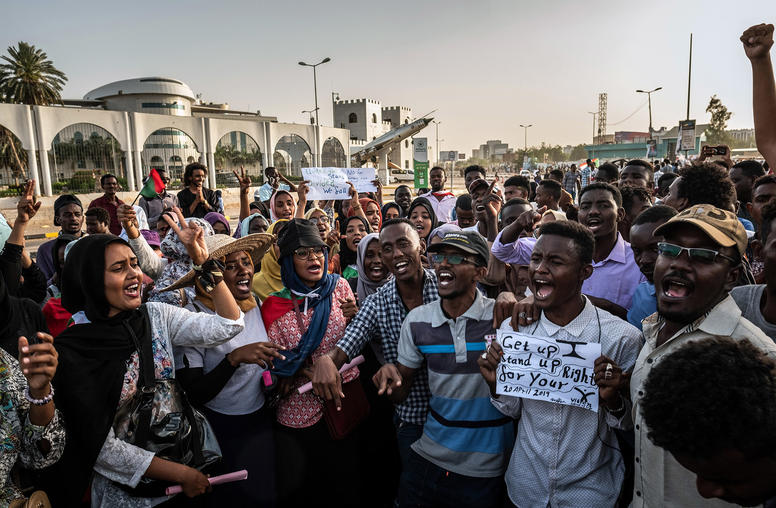
Five Key Considerations To Make the U.S. Global Fragility Strategy Work
Even as the public debate over the U.S. military withdrawal from Afghanistan continues, the State Department and USAID are quietly putting plans in place to test a new approach to con-flicts overseas. Drawing on the hard-earned lessons from Afghanistan and Iraq over the past two decades, this approach would have the United States rely far less on military power and far more on sustained — but much less costly — diplomacy and closely coordinated development investments. If fully implemented, consistent with the recently enacted Global Fragility Act, this new effort promises to help stabilize countries in their recovery from COVID-19 and the knock-on shocks to their economies.
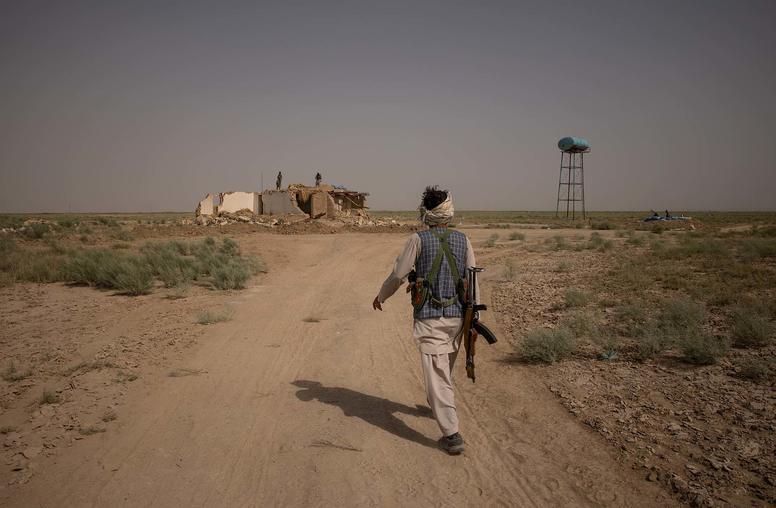
India, Pakistan Watch Warily as Taliban Move to Takeover
The Taliban’s rapid advances have caught the region and the United States off guard. The deterioration in security has forced India, along with many other countries, to retrench its diplomatic presence in the country, closing consulates outside of the capital of Kabul. There have been conflicting reports over the past month over whether or not Indian officials have engaged in talks with Taliban representatives in Qatar. Afghanistan’s neighbors all prefer a negotiated political settlement to the conflict but are preparing for the worst and could look to armed Afghan factions to protect their interests. Meanwhile, Kabul and Islamabad are blaming each other for the spiraling security situation.
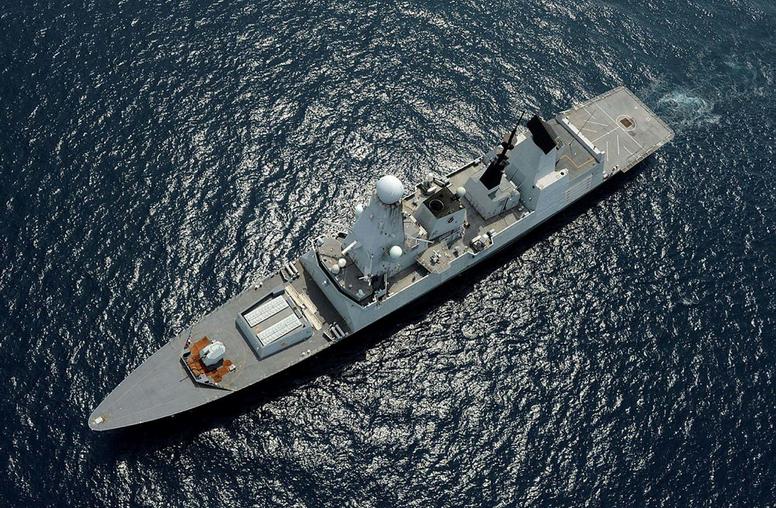
As China Poses Challenges, Europe Makes its Presence Known in the Indo-Pacific
A German frigate that left the country yesterday for the Indo-Pacific region will be Berlin’s first warship to cross the South China Sea in almost 20 years. This follows the United Kingdom’s late July announcement that two of its warships would have a permanent presence in the Indo-Pacific. Currently, the U.K. has a highly publicized carrier strike group in the region, featuring the largest U.K. warship ever deployed. And earlier this year, France deployed an amphibious ready group through the region — accompanied by the February revelation that a French nuclear attack submarine had completed passage through the South China Sea. Although the U.S. naval presence in the region is well known, Europe’s has received much less attention — that is, until recently.
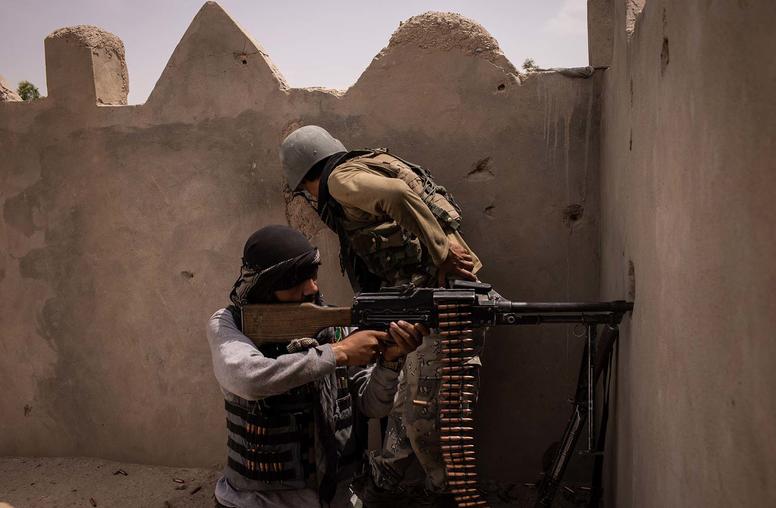
Can the Taliban Be Stopped? Three Scenarios for What’s Next in Afghanistan
The Afghan government has had its most difficult week fighting the Taliban since the insurgency began. As of this writing, 12 provincial capitals have fallen since last Friday, marking the first time the Taliban have controlled a city since they were ousted in 2001. By some estimates the Taliban control two-thirds of the country. While many experts predicted that the rapid and unconditional withdrawal of U.S. troops would increase Taliban control, few saw it happening this fast. A Taliban takeover of Kabul — once thought to be years away if at all — is now conceivable within months, or even a matter of weeks.
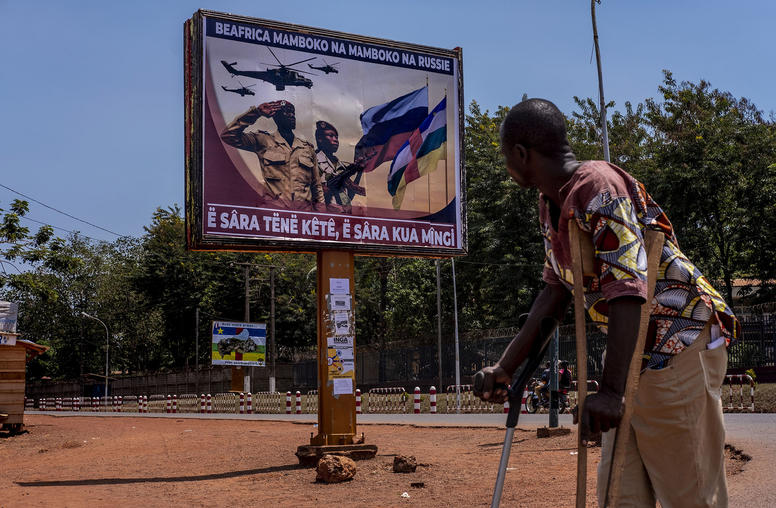
Beyond Fake News: the Central African Republic’s Hate Speech Problem
After a recent contested election, the Central African Republic finds itself in a precarious situation. Violence around the election combined with the socio-economic impacts of COVID-19 and destructive flooding have caused the humanitarian emergency to reach its worst state in five years. Meanwhile, the CAR government has been accused of engaging in Russian-backed disinformation campaigns targeting domestic civil society, French diplomats and the United Nations peacekeeping mission (MINUSCA), threatening key relationships. Even as the long-simmering issue of hate speech continues to draw fault lines through the country, efforts to combat these campaigns have focused primarily on challenging fake news rather than addressing the underlying fear and prejudice that spoilers use to stoke conflict.
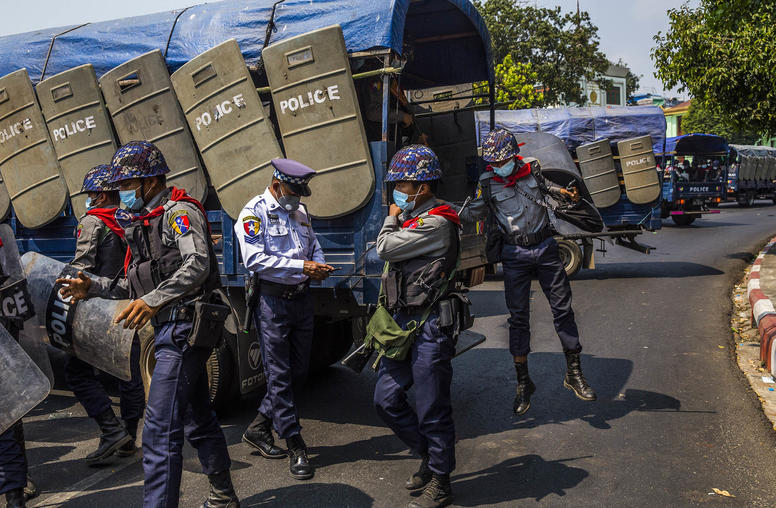
In Myanmar, the State the Generals Seized Is Coming Apart
Over the past six months under the junta’s “care,” the chaos and turmoil sparked by the coup has moved the country past the brink of failed state status. Growing armed resistance is emerging in the shrinking area where the military’s unbridled brutality has preserved its veneer of control. In liberated zones and particularly in regions controlled by ethnic armed organizations (EAOs), new forms of governance and even sovereignty are taking shape in the vacuum left by Commander-in-Chief Min Aung Hlaing’s war on political reform.
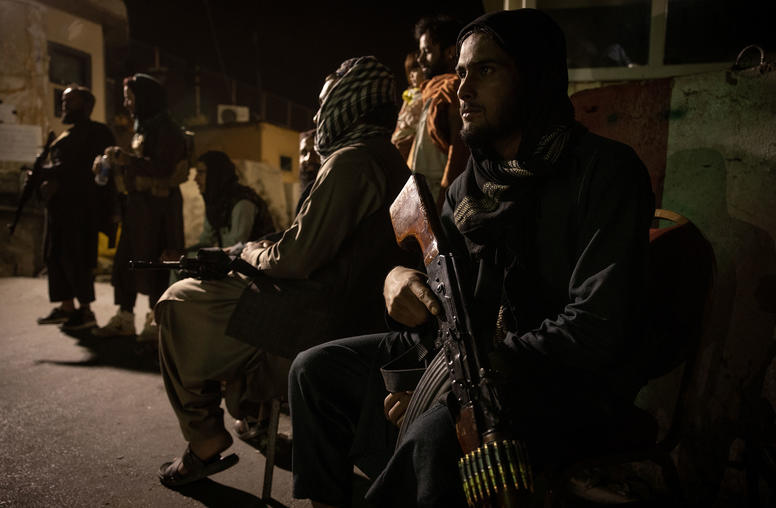
How the Region is Reacting to the Taliban Takeover
While the Taliban’s swift advance into Kabul over the weekend has left much of the West reeling, Afghans themselves will bear the brunt of the militant group’s rule. Beyond Afghanistan’s borders, its neighbors will feel the most immediate impact. Earlier this year, Russia, China and Pakistan affirmed that the future of Afghanistan should be decided through dialogue and political negotiations. How will they engage with the Taliban now?
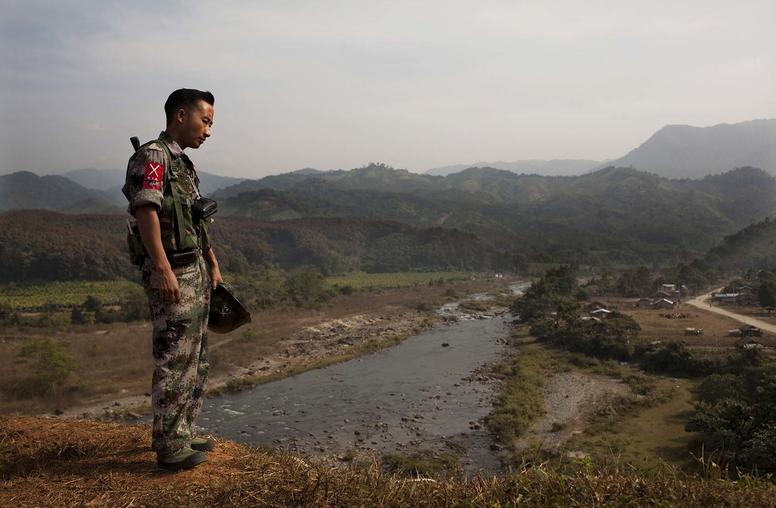
Myanmar Regional Crime Webs Enjoy Post-Coup Resurgence: The Kokang Story
Following the coup by the Myanmar army on February 1, 2021, fighting exploded immediately in the China-Myanmar border area along a strategic trade route between the two countries. But the outbreak wasn’t about the coup — instead it was a battle between two Chinese-speaking militias over control of the Kokang Special Administrative Zone, a lucrative center for illegal business. The story behind this episode provides a small window on the rise of regional criminal networks under the army’s patronage and how they are enjoying a new lease on life under the junta.
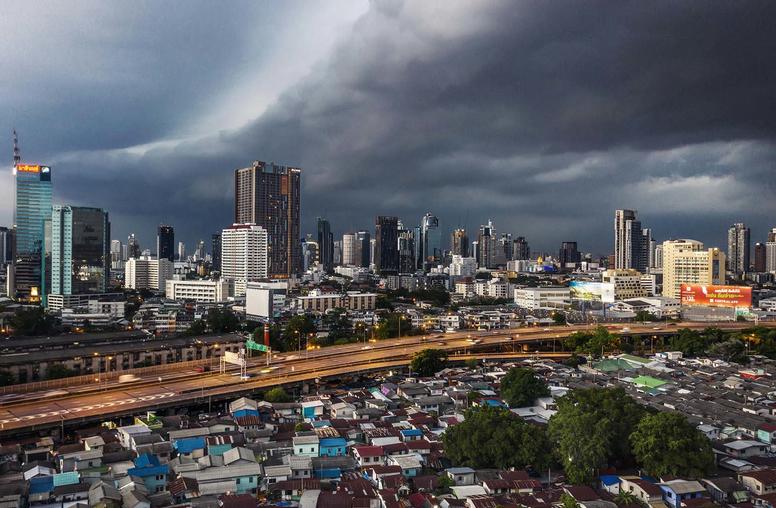
Thailand: Could One of Asia’s Deadliest Conflicts Be Coming to an End?
Thailand’s southernmost region is home to one of Asia’s longest-running armed conflicts. A separatist movement that emerged in the 1960s sought to carve out the Muslim-majority region as an independent state. Levels of violence have oscillated over the course of the conflict, with the most recent insurgency arising in the early 2000s. Despite decades of protracted armed conflict, there is recent cause for optimism.